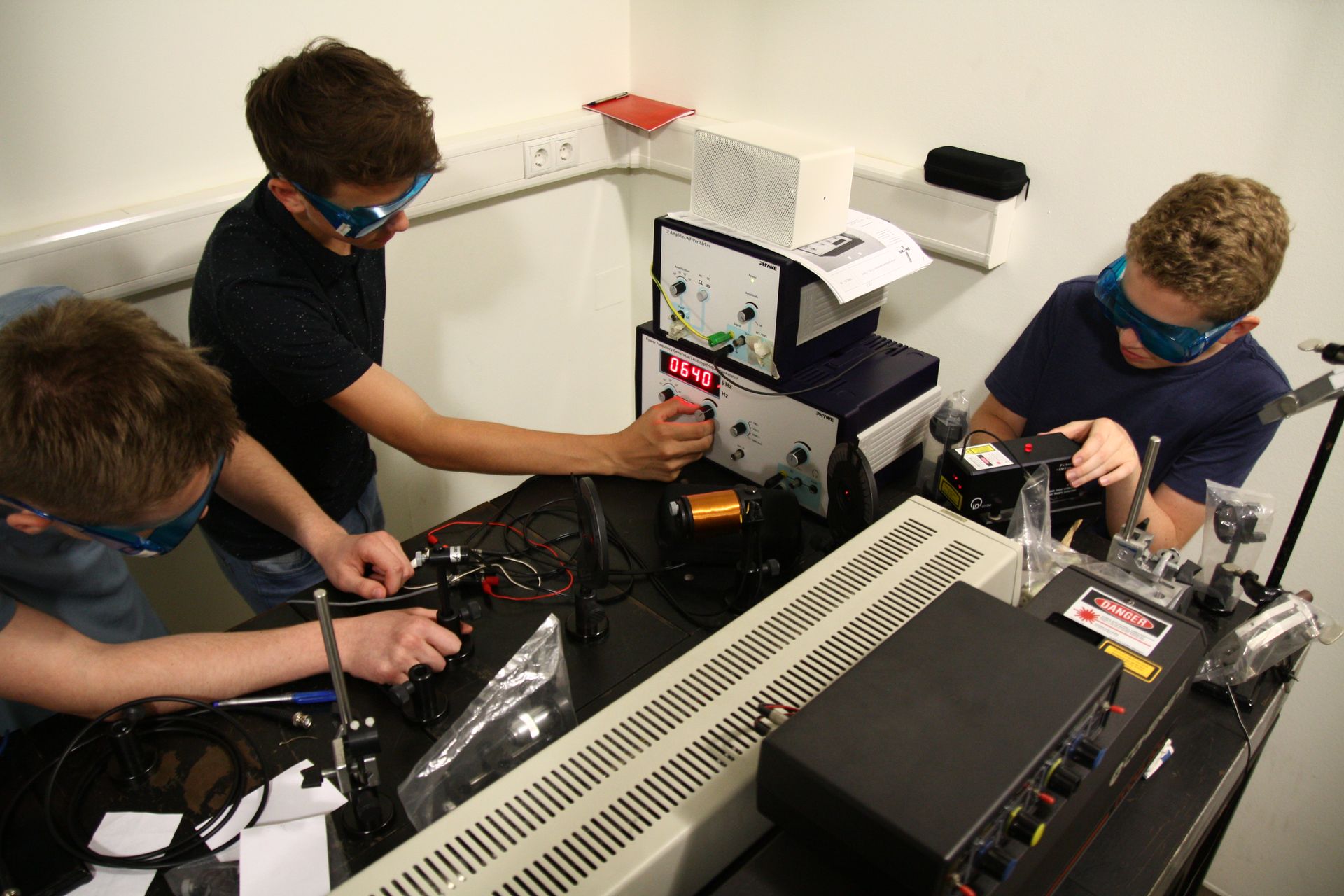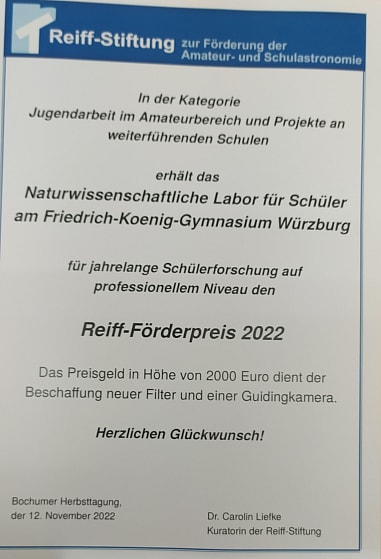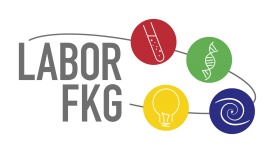The Reiff Foundation for the Promotion of School and Amateur Astronomy, founded in 2009, aims to "promote astronomy as far as it is practised by amateur astronomers and pupils". This is implemented, among other things, by awarding three prizes for outstanding astronomy projects in schools and one prize for kindergartens. The three prizes for school projects are each endowed with 2000 euros. The board of trustees of the Reiff Foundation includes three astronomers from the "House of Astronomy", which is located on the campus of the Max Planck Institute for Astronomy in Heidelberg. This year, the FKG's project "Brightness fluctuations of active galactic nuclei" was awarded a Reiff Prize.
For more than ten years, pupils of the Friedrich-Koenig-Gymnasium in Würzburg have been directly involved in current astronomical research. A team of currently more than 40 students from the school's special science class regularly monitors the brightness of active galactic nuclei (AGN) at the Hans Haffner Observatory, which is part of the FKG's student sciencen lab. The data from this student project, which is now in great demand among experts, has already been included in several scientific publications. The co-authorship of some of the team's students in an article published this autumn in the renowned scientific journal "Nature" was sensational. Among scientists, this is considered an accolade. Small groups of pupils measure the brightness of active galactic nuclei at the observatory in Hettstadt. The observations are part of a cooperation project between the Friedrich-Koenig-Gymnasium in Würzburg (FKG), the University of Würzburg and the Technical University of Dortmund, in which the pupils are the central actors of the project. They attend the science focus class at the FKG. This is a special class, unique in Bavaria, for pupils who are scientifically gifted or particularly interested.
The aim of this project is to produce long-term light curves over a period of 20 to 25 years. In this way, very long-period fluctuations in the brightness of the AGN could also be detected, which would contribute to a better understanding of the active galactic nuclei. Beyond that, however, much faster phenomena are also in focus. In order to be able to investigate these, the light curves must have as high a measurement point density as possible. For the scientific value of the AGN measurements, therefore, it is not only the length of the measurement period that is important, but also the density of the data points, i.e. the frequency of the measurements.
The project that has now received the award has clearly improved both on the professional and on the pedagogical level in the last ten years. The project, which has now received an award, has developed much better than originally hoped over the past ten years, both on the professional and on the pedagogical level. All those involved are very confident that the original goal of collecting long-term data sets of 20 to 25 years will actually be achieved. Another, even more important goal has already been achieved: the pupils are introduced to the way of thinking and working in scientific research and are enthused about the STEM subjects (mathematics, information technology, natural sciences, technology). An overwhelming proportion of the pupils in the science focus classes decide to study science after their Abitur. The students of the student laboratory at the FKG are very pleased about the recognition of their achievements by the Reiff Prize, which ensures the continuation of the project for the near future.



